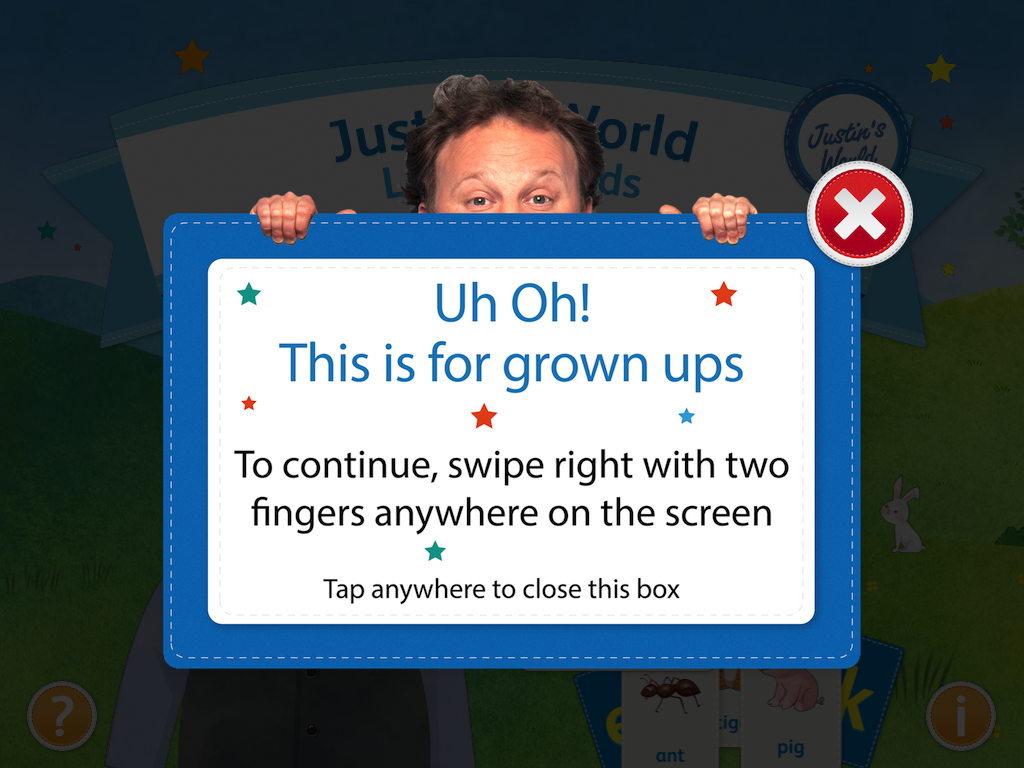Presents the issues related to integrating mainstream social networks (e.g. Facebook, Instagram, Twitter) into a youth platform.
1.1 Social media and youth platforms
Integrating social media is a common marketing practice for mainstream products. However, in youth production, this practice becomes problematic.To comply with U.S. legislation on the collection of personal information, most mainstream social networks require users to be 13 years of age or older to open an account. Furthermore, since these platforms are rarely moderated, they expose children to a number of risks, including contact with strangers, cyberbullying and inappropriate content. Incorporating social media into your platform sends out the wrong message: you invite children to lie about their age (Backgrounder 7, 1.2) to access websites that, inaccessible to users under 13, can expose them to various risks.
You are responsible for creating a safe environment that does not encourage your users to lie to gain access to potentially dangerous websites.
In general, regulators consider mainstream social networks inappropriate for children under the age of 13, since they expose their users to various risks. Children generally do not have the required maturity to handle these risks. The U.S. is the only country to provide specific guidance on the integration of mainstream social media into youth products.UNITED STATESChildren’s Online Privacy Protection Act (COPPA)
Federal law to protect personal information about children collected online. COPPA applies to products that collect personal information from U.S. children under 13 years of age, including collection by companies based outside the U.S.
Operators are responsible for ensuring that any third parties who collect information through their platforms comply with COPPA rules. This includes social media plug-ins (such as “Follow us on Twitter” or the Facebook “Like” button), which often employ tracking technologies. Given that the information collecting practices of mainstream social media constitute a violation of COPPA if the user is under 13, and considering that the operators of child-directed websites are strictly liable for any personal information collected through their platforms, you shouldn’t incorporate social media if your platform addresses an audience under the age of 13.
Additional information:
Federal Trade Commission: Complying with COPPA: Frequently Asked Questions
Apple App StoreFor Kids Category apps, the App Store recommends clearly indicating in the app’s intro page whether it contains social features, i.e. those that put the child in contact with other users or allow information to be shared through the app (e.g. top scores in a game, social media sharing features, etc.).
- If your platform’s target audience is exclusively in the “under 13 years of age” category, avoid integrating mainstream social media.

- Access to social media integrated into a platform aimed at ages 13 and under should be strictly limited to the parents’ section.
- If you integrate social media into the parents’ section, place an age-appropriate parental gate to prevent children from accessing the area.
- If your target audience is partially in the “under 13 years of age” category, install an age filter. This limits access to social media to the part of the site open to ages 13 years and up only.
- If you use an age filter, it’s smarter to ask children to enter their date of birth (DD/MM/YYYY) rather than have them tick a box saying “age 13 and over”/“Aged under 13.”








